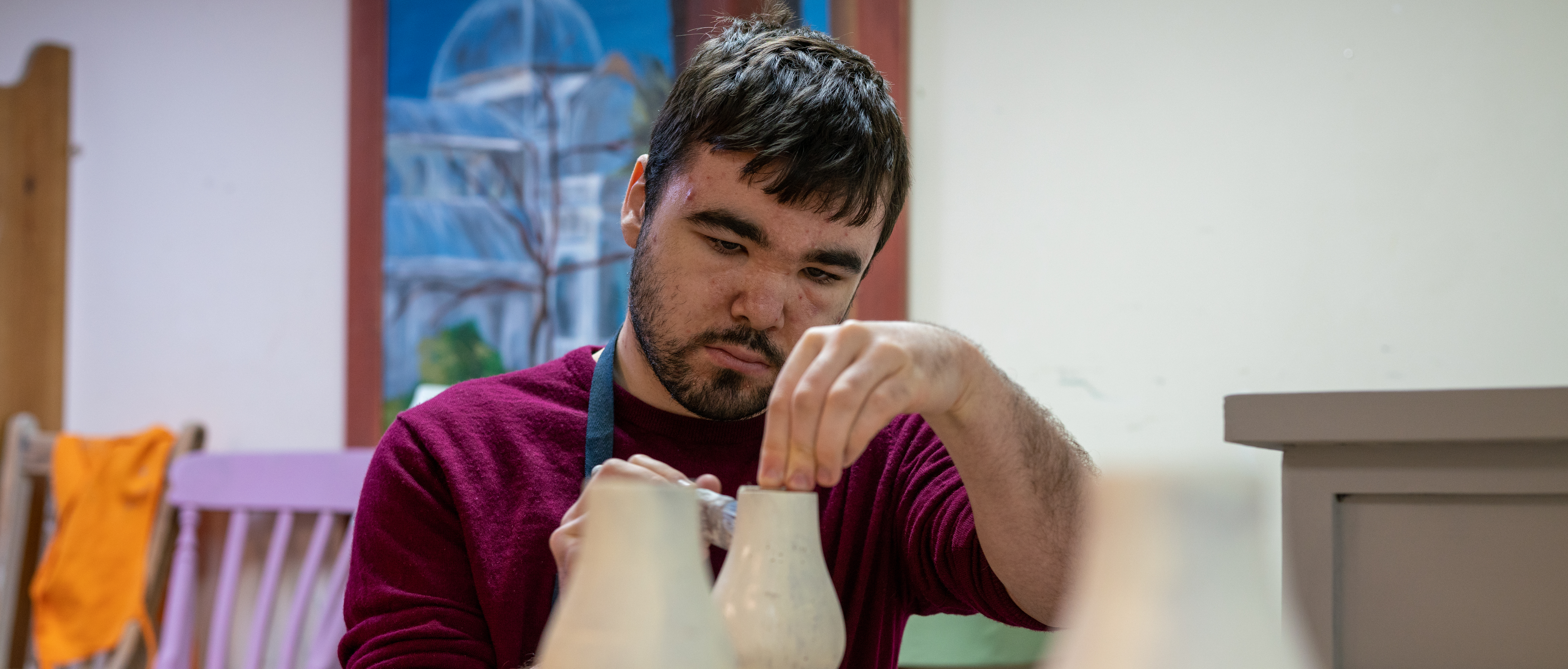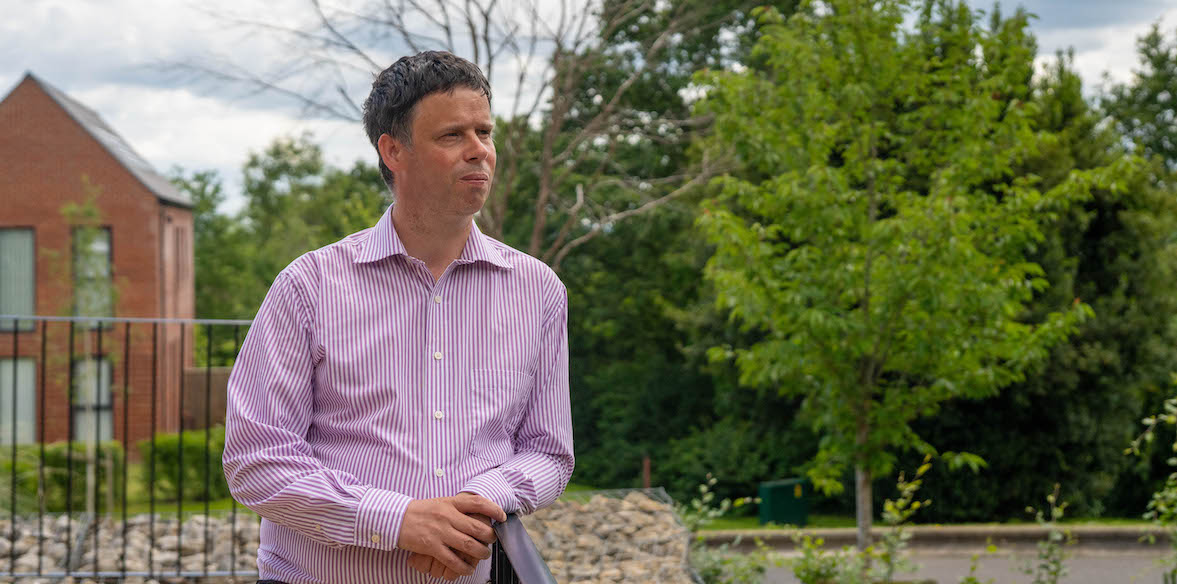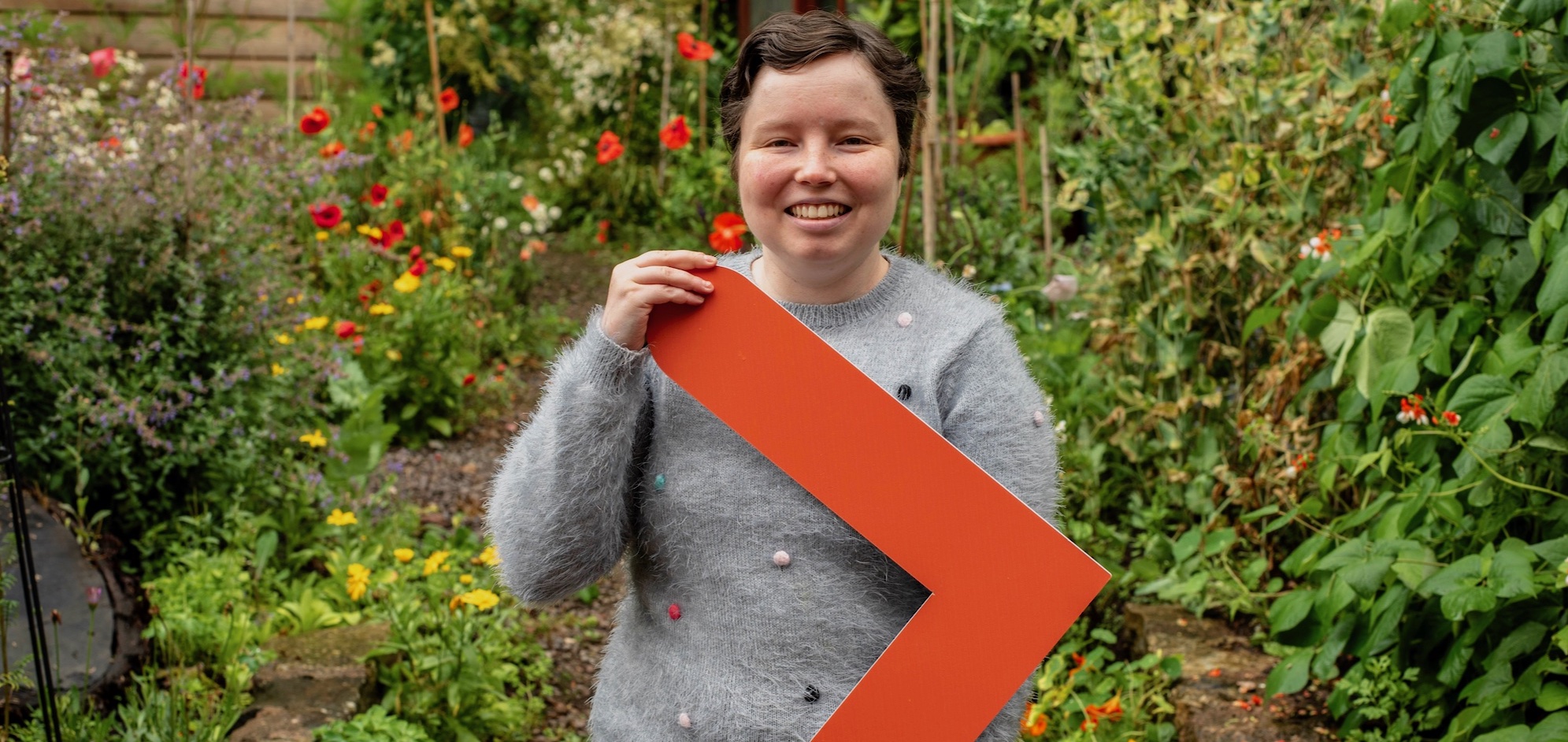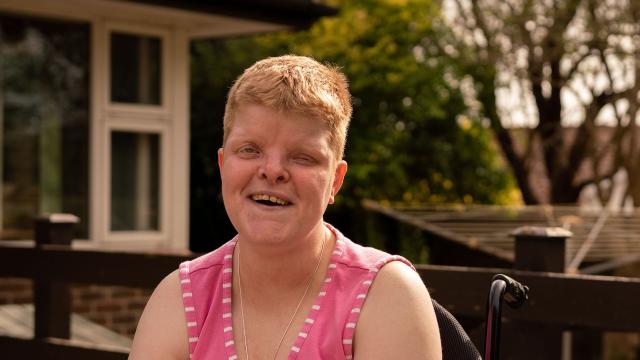
Get Britain Working: The direction is right, but the details are hazy
 Alan Johnson, who heads up our Ready, Willing and Able team, blogs on the new 'Get Britain Working' paper, and the new government's plans for supporting people with disabilities into employment.
Alan Johnson, who heads up our Ready, Willing and Able team, blogs on the new 'Get Britain Working' paper, and the new government's plans for supporting people with disabilities into employment.
Yesterday, the government announced a series of employment reforms, detailing how to ‘Get Britain Working’. The reforms come with a backing of £240 million of investment, and it's being called the ‘biggest employment reform in a generation’.
But how are people with learning disabilities impacted by these new reforms?
People with learning disabilities are one of the most neglected groups in the job market. Research shows that whilst most people with learning disabilities want to work, their unemployment rates are amongst the highest in the UK. The UK employment rate is 80% for non-disabled people and 47% for disabled people. However councils report for people with learning disabilities it is just 5%.It’s vital that these new reforms focus on narrowing that gap, so anyone with a learning disability who wants to work can find meaningful employment.
Our Ready, Willing and Able supported employment programme has shown that with the right support, people with learning disabilities can thrive in employment and build successful careers. We’ve learnt a great deal from six years of working to narrow the gap, and we know that the effort has to come from all sides. That’s why Ready, Willing and Able works closely with both the job-seeker and the employer to ensure both are ready, willing and able to make inclusive employment work. And it’s important that support doesn't stop with the signing of a job contract. We stay in touch with everyone we're supporting, to guide them through ups and downs of starting new jobs and building their careers.
A national strategy has to listen to programmes like ours and take these learnings forward, engaging with people with lived experience of disability and organisations working in this area.

What are the proposed reforms?
The government paper does focus on some of these issues. There are a wide range of reforms and initiatives that could help close the gap, including:
- A launch of an independent review on how employers can be better supported to employ disabled people and retain them
- £115m investment in the new supported employment programme Connect to Work, which will use the ‘place, train and maintain’ model to support people into work.
- A disability panel set up to ensure the voices of disabled people are at the core of the reforms.
- Local ‘Trailblazer’ areas that deliver early intervention work and health assessment services to reduce the flow of people into unemployment.
- Greater devolvement of support to local authorities.
We wait to hear more detail from the government on how these reforms will work in practice, but it is vital that people with learning disabilities are given specific, tailored support, just as SeeAbility’s Ready, Willing and Able programme offers. People with learning disabilities are far less likely to find employment than disabled people generally, and this specific issue needs specific solutions.
We share the vision of Connect to Work to support people through their employment journey by supporting training and retention, beyond simply ‘placing’. This is something we have found is a crucial part of the success of Ready, Willing and Able. We look forward to hearing how smaller providers such as ourselves can support the scheme by identifying people we are working with who would benefit from voluntary experience.
The other theme of the overall plan that sounds positive is the strategic intention to devolve more support to a local level. The work we are doing in Bristol with Ready, Willing and Able is funded by the West of England Combined Authority and is a fantastic example of such funding in action. This has allowed us to work closely with the local authorities to solve specific local issues.
In line with our plans to expand Ready, Willing and Able into London in 2025, we look forward to hearing more about the two trailblazer areas that are in the London area, so we can continue to work closely with local authorities. In some parts of London, the employment rate for people with learning disabilities is even lower than the national average, so we have identified it as a place that will benefit immensely from Ready, Willing and Able. As yet, there is nothing specific on how these trailblazers will work in practice, so we look forward to hearing further details and how they can connect with our work.
The impact of supported employment
It is vital that the government gets this right. People with learning disabilities have so much to give to the country’s economy and workforce, and most are eager to put their skills to use.

Scott Watkin BEM, who has a learning disability and now works as Head of Engagement at SeeAbility says:
“When I was younger I was told that my future would never having a job, never living independently and never having a family. I refused to accept that my future would be going to a day centre for the rest of my life. It took one person to see my potential.
“From then on, I moved into jobs that have taken me all the way to the heart of government working on a national learning disability strategy to helping lift up the voices of other people with disabilities in my current job. I’m really proud of what I’ve achieved and determined to help others get the opportunity of paid work.”
People like Scott have both the skills and experience to have a hugely positive impact on society. Not only that, but having a job has a profoundly positive impact on the people with learning disabilities who have found work.

Beatrix, who we supported through Ready, Willing and Able, says:
“It feels really, really good. It's nice to earn actual money. By having a proper job, I feel a weight has lifted off my shoulders. Life is a lot less stressful not having to look for a job.”
Ultimately, it’s a win-win. Let’s make sure we get this right, so everyone benefits.
Support Ready, Willing and Able through the Big Give
SeeAbility’s Big Give campaign is raising money to enable Ready, Willing and Able to launch in London in 2025. This exciting, matched funding appeal will run from 3rd - 10th December. You can donate from midday 3rd December.






